Research Advisors
These faculty members either have open projects, or are willing to co-advise with someone who does.
The fine print again: You must gain admission to a department where your project leader can advise you. Departments have their own admission requirements and degree structures. We are willing to help you determine the best fit(s) for you.
There are a lot of people on this page, and prospective students might have difficulty choosing just one or two advisors, understanding who is connected to whom, or figuring out where to start. Don’t worry! By hearing about your interests, we can provide some suggestions. What we want you to know is that you have a lot of options.

Ander Wilson
Associate Professor, Statistics
Ander develops statistical methods and data science tools to better understand how environmental factors affect human health. His methods are designed to tease out the health effect of environmental exposures, primarily air pollution, including multipollutant mixtures and time-varying exposures.

Angela Bosco-Lauth
Assistant Professor, Biomedical Sciences
Angela’s primary research interests focus on zoonotic infectious diseases, including viruses such as SARS-CoV-2, influenza, West Nile, and bacterial and fungal pathogens. Current projects focus on host pathogenesis and immunity, transmission dynamics and environmental factors that contribute to infection. Her favorite projects involve developing artificial ecosystems within the laboratory to simulate the dynamic and complex transmission processes that take place in the real world; she has become intrigued by the ability of pathogens to transmit via aerosols. Angela is a part of BROADN.

Ashley Anderson
Associate Professor, Journalism and Media Communications
Ashley’s research centers around public engagement with and public opinion of scientific issues in various communication settings: social and digital media, organizations, and news media. She explores how various tones (incivility, sarcasm, and humor) are used in scientific discussions and how audiences respond to them in the digital media environment. Her research also examines how people communicate around extreme weather events.
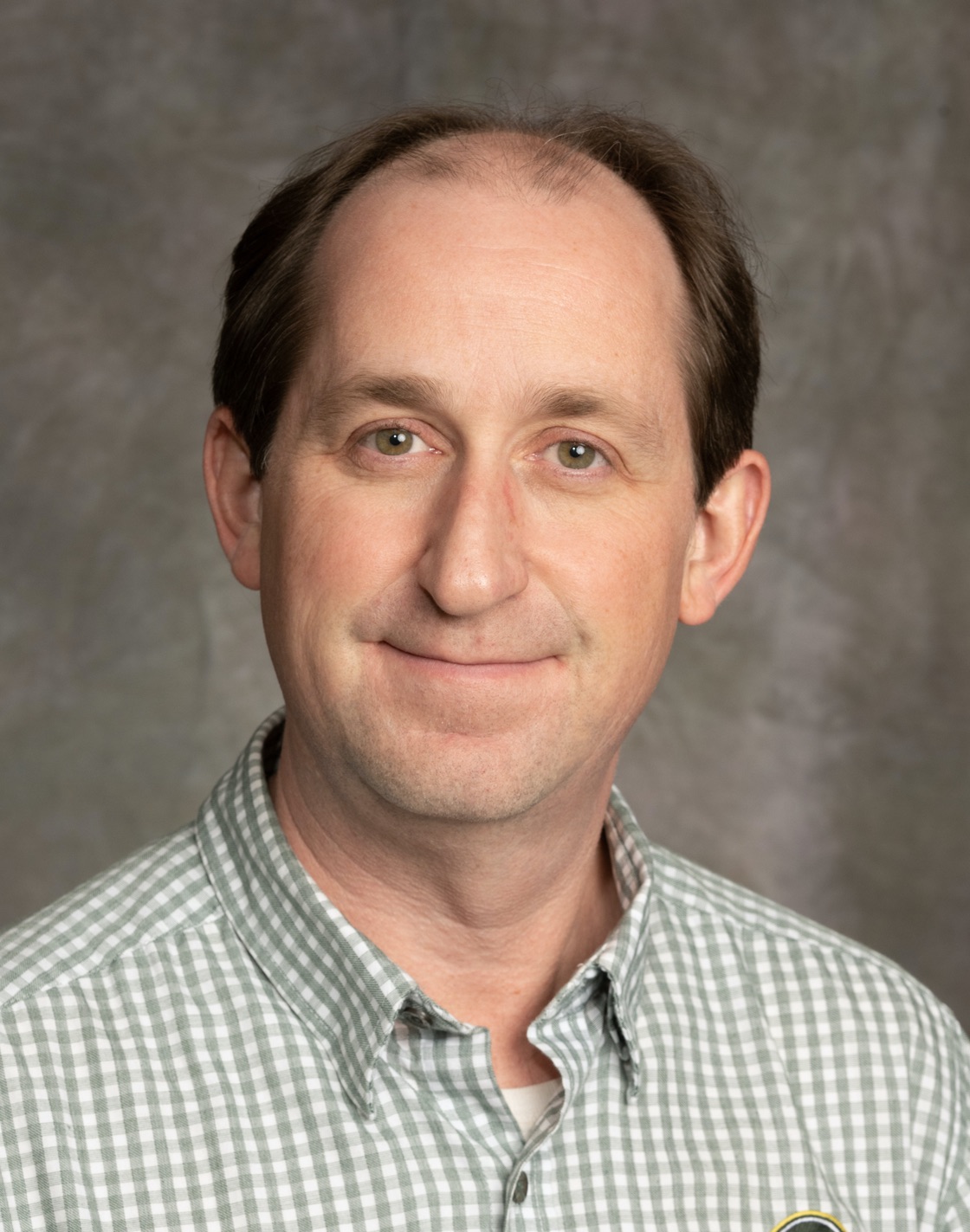
Christian L’Orange
Research Assistant Professor, Mechanical Engineering
Christian’s work focuses at the intersection of energy usage and the resulting climate and human health implications of that usage. Christian leads the technology development team in SAPPHIRES.
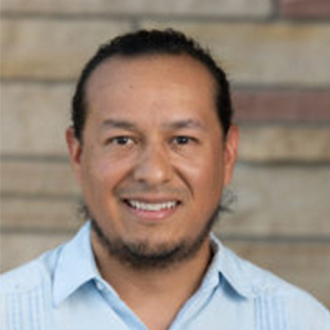
David Rojas-Rueda
Assistant Professor, Environmental and Occupational Health – web page
David’s research focuses on promoting a healthy urban design, supporting mitigation, and adaptation to climate change. David is an environmental epidemiologist with over ten years of experience evaluating the health impacts of urban and transport planning policies, related to air pollution, traffic noise, green spaces, heat island effects, physical activity, and traffic accidents. He has worked in several countries around Europe, Africa, Latin, and North America.
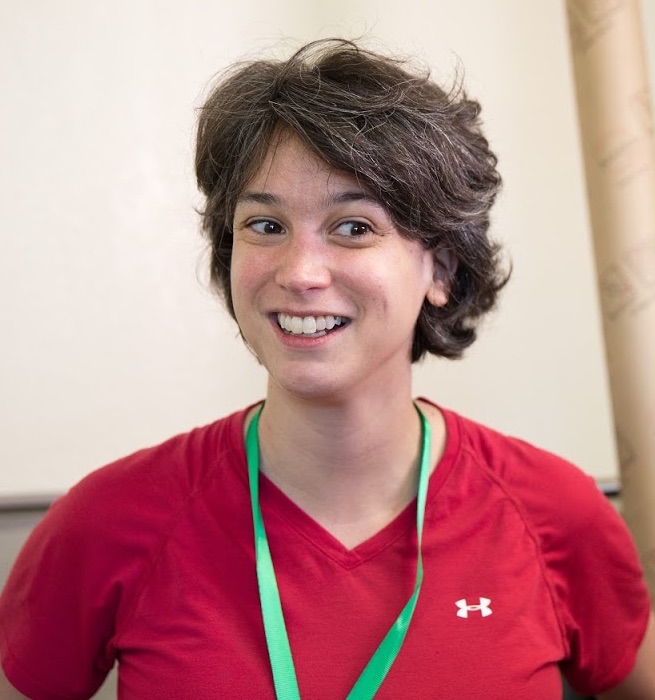
Delphine Farmer
Associate Professor, Chemistry – web page
Delphine’s group studies how human activity perturbs atmospheric chemistry, and thus air quality, forest ecology and climate change. Her group uses mass spectrometry measurements in both laboratory and field settings to study complex chemistry in both the gas and aerosol phases, across environments ranging from forests to cities to the inside of a house.
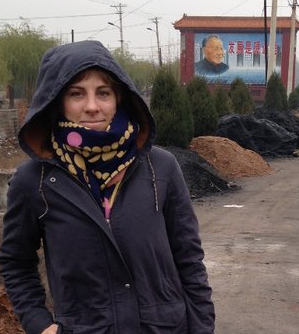
Ellison Carter
Associate Professor, Civil and Environmental Engineering
Ellison is an environmental engineering researcher with interests in indoor and outdoor air quality, air pollution exposure, and the impacts of energy policy and air pollution interventions on health and climate. Ellison is part of SAPPHIRES and R.E.S.P.E.C.T.
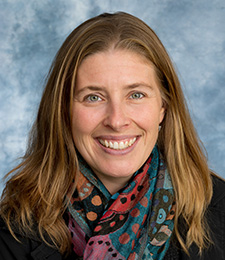
Emily Fischer
Associate Professor, Atmospheric Science
Emily’s research uses both field-based and applied modeling approaches to investigate the sources of atmospheric trace gases to remote environments. An underlying goal of her work is to improve understanding of the role of climate in determining the atmosphere’s self-cleansing capacity. Her current work explores the processes that redistribute anthropogenic reactive nitrogen to remote regions.
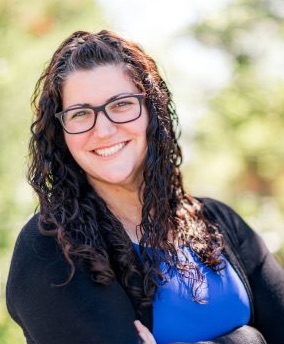
Erika Miller
Assistant Professor, Systems Engineering
Erika’s research is centered on integrating humans with complex systems to enhance safety and performance in the design and evaluation of new and existing infrastructure. Her work focuses on modeling human behavior and cognitive workload over time to evaluate the interactions between humans and machines, with an emphasis on developing appropriate trust and maintaining situational awareness of human operators with autonomous systems. Erika is Human-Technical sub-team lead on the SAPPHIRES project.

Jeff Collett
Professor, Atmospheric Science – web page
Jeff and his group specialize in measurements of atmospheric composition. The team studies emissions from oil and gas development and their impacts on adjacent neighborhoods and regional air quality, excess nitrogen deposition to sensitive ecosystems, and pollution processing by clouds and fogs. The group has conducted field studies of air quality and atmospheric chemistry at more than 40 locations across four continents.
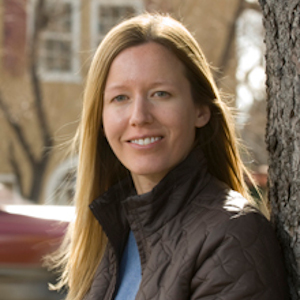
Jennifer Peel
Professor, Department of Environmental and Radiological Health Sciences; Section Head, Epidemiology
Jennifer is an environmental epidemiologist who evaluates the health effects of air pollution, both ambient air pollution in the U.S., and household air pollution from indoor cookstoves in lower and middle income countries. Her active collaborative research includes health impacts experienced during commuting in Fort Collins, impacts of a clean fuel intervention in four countries, and health effects of biomass emissions in Honduras.
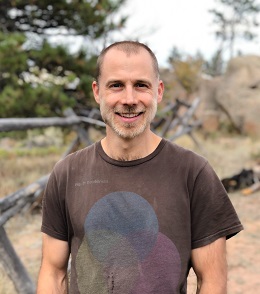
Jesse Burkhardt
Associate Professor, Agricultural and Resource Economics – web page

John Volckens
Professor, Mechanical Engineering – web page
John’s research connects engineering, exposure science, and public health through instrument development, exposure data science, and panel studies with human volunteers. Recent work has focused on citizen-science applications to promote environmental and public health and energy transitions in the developing world.

Jude Bayham
Associate Professor, Agricultural and Resource Economics – web page
Jude is an economist with research interests at the intersection of public policy, human health, and the natural environment. His research focuses on wildfire management in the wildland urban interface, the impact of human behavior on infectious disease management, and impacts of air quality on human health.

Maggie Clark
Associate Professor, Environmental and Radiological Health Sciences – web page
Maggie’s research examines the chronic health effects of indoor and occupational exposures to air pollution; foci have been factors conferring increased susceptibility and evaluating vulnerable populations. She has co-led efforts to establish a cookstove research program on cardiometabolic effects among Central American populations. She is also involved in a collaborative effort to evaluate the potential effect modification of dietary factors on the relationship between secondhand smoke exposures and cardiovascular disease endpoints among Singaporean Chinese and American Indian populations.
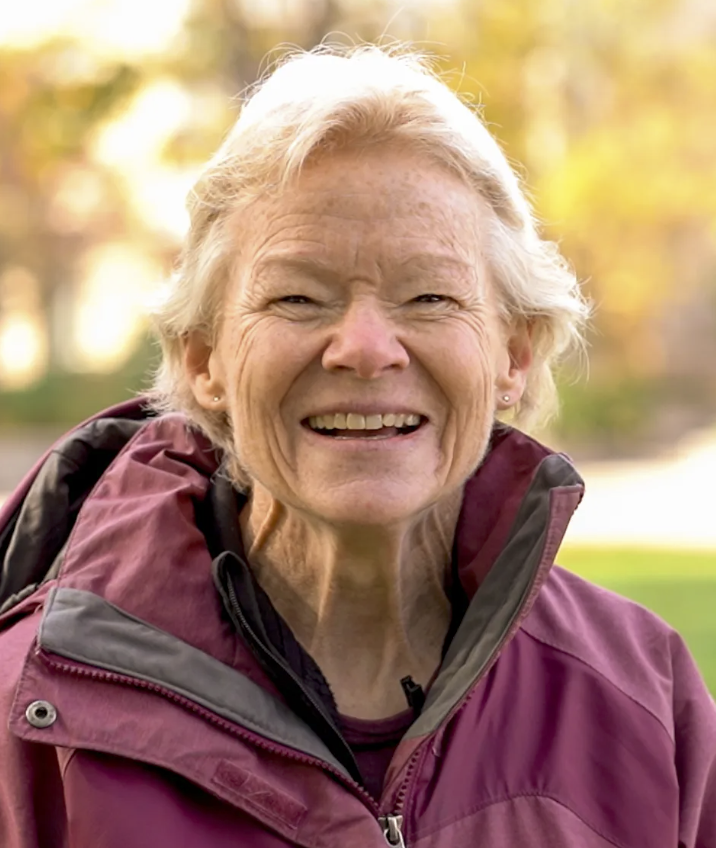
Marilee Long
Professor and Department Head, Journalism and Media Communications
Marilee’s research interests are in health and science communication. She is interested in the use of messages to encourage attitudinal and behavioral change. She has studied the use of citizen science approaches to increase awareness, knowledge, and protective behaviors related to poor air quality caused by wildfire smoke and ozone. She also studies the effects of media portrayals of science and scientists on people’s attitudes toward science. Marilee is on the Human-Technical team in SAPPHIRES.

Megan Willis
Assistant Professor, Chemistry – web page
Megan is an environmental analytical chemist who uses field observations and laboratory studies to understand aerosol formation and chemistry, and resulting impacts on climate and air quality.

Pat Keys
Assistant Professor, Atmospheric Science – web page
Pat’s research is focused on a broad range of global challenges, including climate change impacts, cross-scale risks, and social-ecological tele-connections. He has developed modeling tools for examining terrestrial moisture recycling, aimed at leveraging geophysical insights for resource management and how humans interact with the atmospheric water cycle. He also works to understand how futures methods can be used to qualitatively and quantitatively discern a sustainable path forward for society.
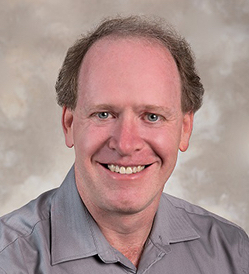
Paul Francisco
Senior Research Engineer, Energy Institute – web page
Paul’s research focus is the interplay between energy efficiency and indoor air quality, considering the house as a system, primarily in low-income housing. He has chaired ASHRAE’s Residential Ventilation Standard (62.2), Environmental Health, and Residential Buildings Committees. He directs a weatherization training center, where he teaches Healthy Homes principles to practitioners. Paul works on technology and in-home implementation in SAPPHIRES.
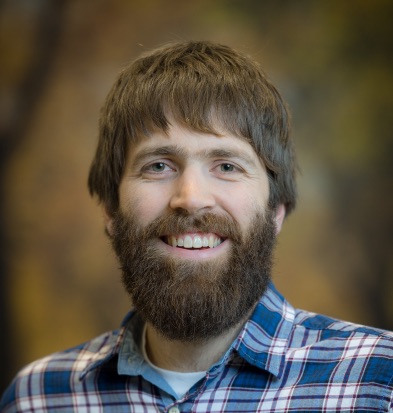
Ryan Scott
Associate Professor, Political Science
Ryan’s interest is managing risks associated with oil and gas development, energy development, and air quality. His research focuses on local and state policy making. He is especially interested in participatory processes and measuring outcomes and outputs resulting from involving citizens and nongovernmental actors in public policy decision making and implementation. Ryan is part of R.E.S.P.E.C.T.
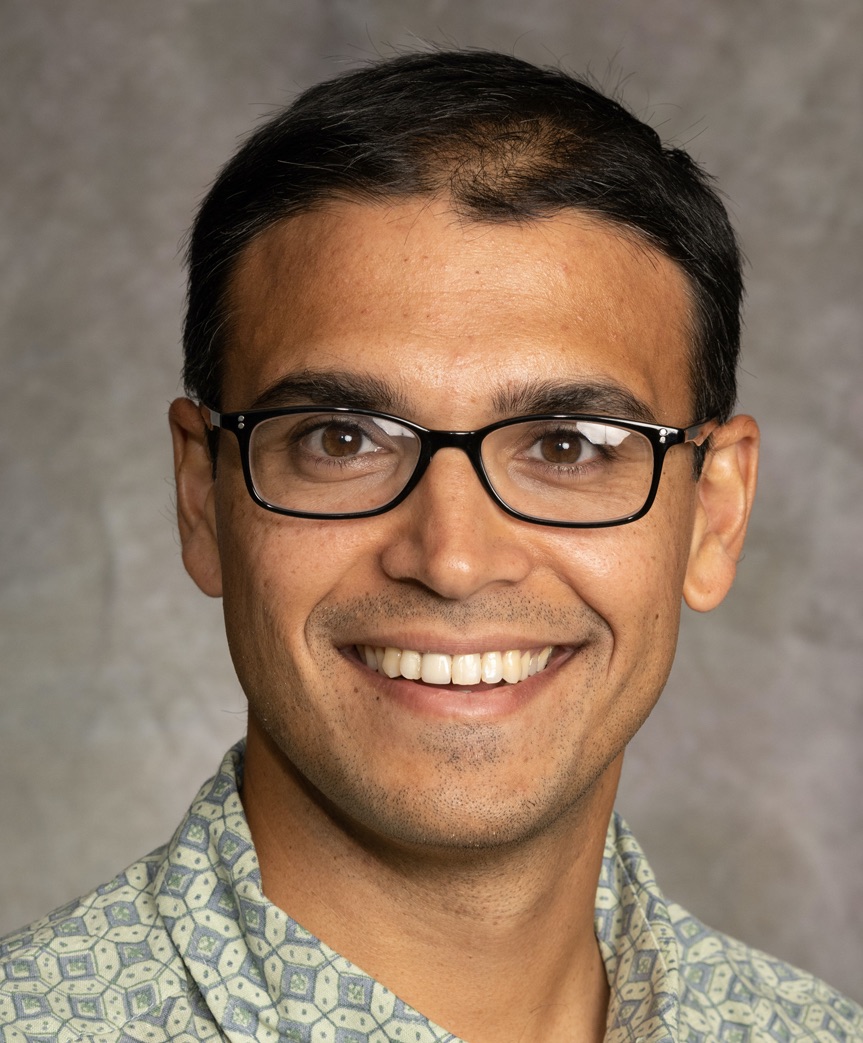
Shantanu Jathar
Associate Professor, Mechanical Engineering – web page
Shantanu is interested in studying problems in and developing solutions for air quality and atmospheric chemistry. At the Laboratory for Air Quality Research, his group leverage laboratory experiments, field measurements, and numerical models to study the emissions, evolution, and properties of air pollutants arising from energy and combustion sources.

Sheryl Magzamen
Associate Professor, Environmental and Radiological Health Sciences
Sheryl’s primary research focus is understanding the relative contribution of social factors and environmental exposures on childhood chronic disease. She has worked extensively in elementary school settings on asthma, lead exposure, social culture and indoor environmental quality. Sheryl is a part of the HAQAST project and an advisor on SAPPHIRES.

Sonia Kreidenweis
University Distinguished Professor, Atmospheric Science
Sonia’s research focuses on characterization of the physical, chemical, and optical properties of atmospheric particulate matter, and the effects of the atmospheric aerosol on visibility and climate. A particular focus area is the characterization of aerosol interactions with water vapor. She has conducted field studies in several U.S. national parks to establish the sources and characteristics of particulate matter responsible for visibility degradation, with a recent focus on the impacts of prescribed and wild fires. Sonia is in the leadership of BROADN.
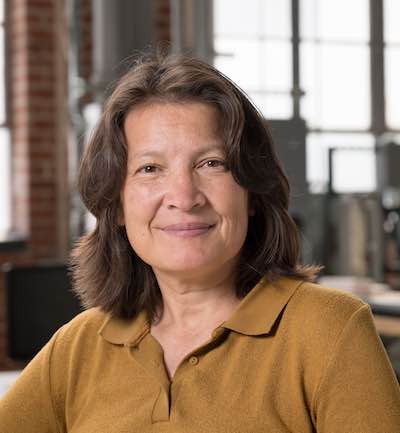
Tami Bond
Professor, Mechanical Engineering
Walter Scott, Jr. Presidential Chair in Energy, Environment and Health – web page
Tami’s interest is in how human decisions affect local and global environments, how those environments in turn affect their residents, and how systems can be nudged to achieve lasting change. She has done work in combustion, air quality, climate effects of air pollution, and systems of technology. She leads the SAPPHIRES and R.E.S.P.E.C.T. projects that explore residential indoor air quality and built-environment scenarios, respectively.

